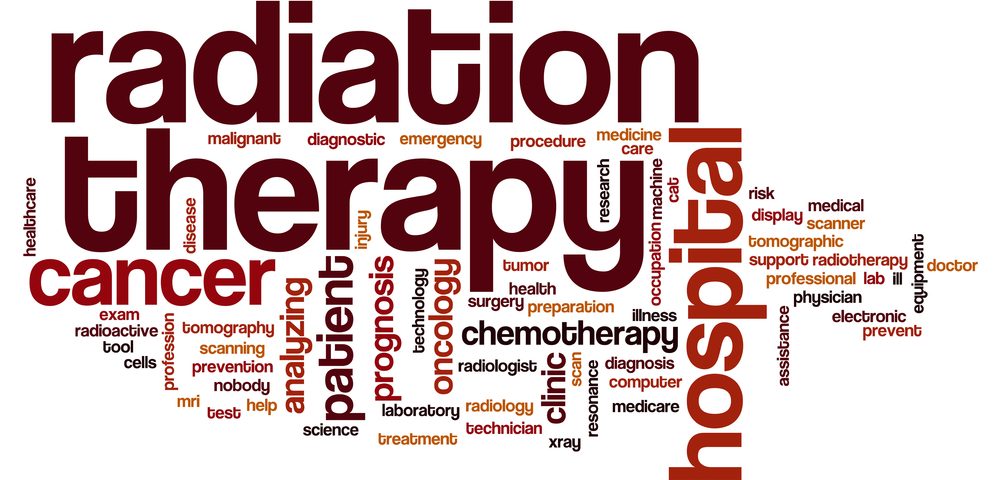Women with breast cancer who have had diabetes for a long time or a cardiovascular disease are more likely to die than those without the conditions, a study reports.
The finding applied to deaths from all causes, not just deaths from breast cancer.
Researchers published their study, titled “The Impact of Diabetes on Breast Cancer Treatments and Outcomes: A Population-Based Study,” in the journal Diabetes Care.
A third of breast cancer patients have diabetes. Studies show they have a 40 percent higher risk of death after developing breast cancer than women without diabetes.
There may be multiple reasons for this. For example, research has shown that women with diabetes have lower breast cancer screening rates and more advanced cases of cancer than women without diabetes. In addition, evidence indicates that women with diabetes and other diseases receive less aggressive cancer treatments, especially chemotherapy.
Interestingly, breast cancer studies have not taken into account the additional presence of cardiovascular disease. Doctors know certain chemotherapy regimens can affect the heart, so some may opt for more conservative chemotherapy in patients with a cardiovascular disease.
Cardiovascular risk is higher in women with diabetes, but it’s unclear how the combination of the two affects doctors’ breast cancer treatment decisions. As an example, while radiotherapy is an important breast cancer treatment, in some cases it can cause long-term heart toxicity. This means doctors may want to avoid it in women with diabetes who also have a cardiovascular disease.
While studies have explored the association between diabetes and death in women with breast cancer, it’s been unclear how treatment differences factor in, particularly when there are additional conditions, such as cardiovascular disease.
University of Toronto researchers decided to use Ontario Province databases to compare breast cancer treatments of women with and without diabetes. They also looked at the two groups’ death rates.
They found that breast cancer patients with diabetes were significantly less likely to receive chemotherapy than patients without diabetes.
Interestingly, the results were no longer significant when treatment with chemotherapy was adjusted for cardiovascular disease, kidney disease, dementia and a predictor of mortality known as the weighted Johns Hopkins’ Aggregated Diagnosis Group score.
Researchers also determined that patients with diabetes were less likely to receive radiation therapy than patients without diabetes. Again, the results were no longer significant when adjusted for patients having additional diseases.
Death from all causes was higher in breast cancer patients with diabetes, even after adjusting for other diseases. But the breast cancer–specific death rate was not higher.
Researchers did find that women with breast cancer who had had diabetes for more than five years were at a 25 percent higher risk of a breast-cancer-specific death. And women with a cardiovascular disease were more than twice as likely to die of breast cancer.
“Patients with breast cancer and diabetes are as likely to receive guideline-adherent chemotherapy and radiotherapy treatments and have comparable cancer-specific mortality as patients with breast cancer without diabetes,” the researchers wrote. “Higher breast cancer–specific mortality was seen only in women with longer diabetes duration and with coexisting cardiovascular disease.”

